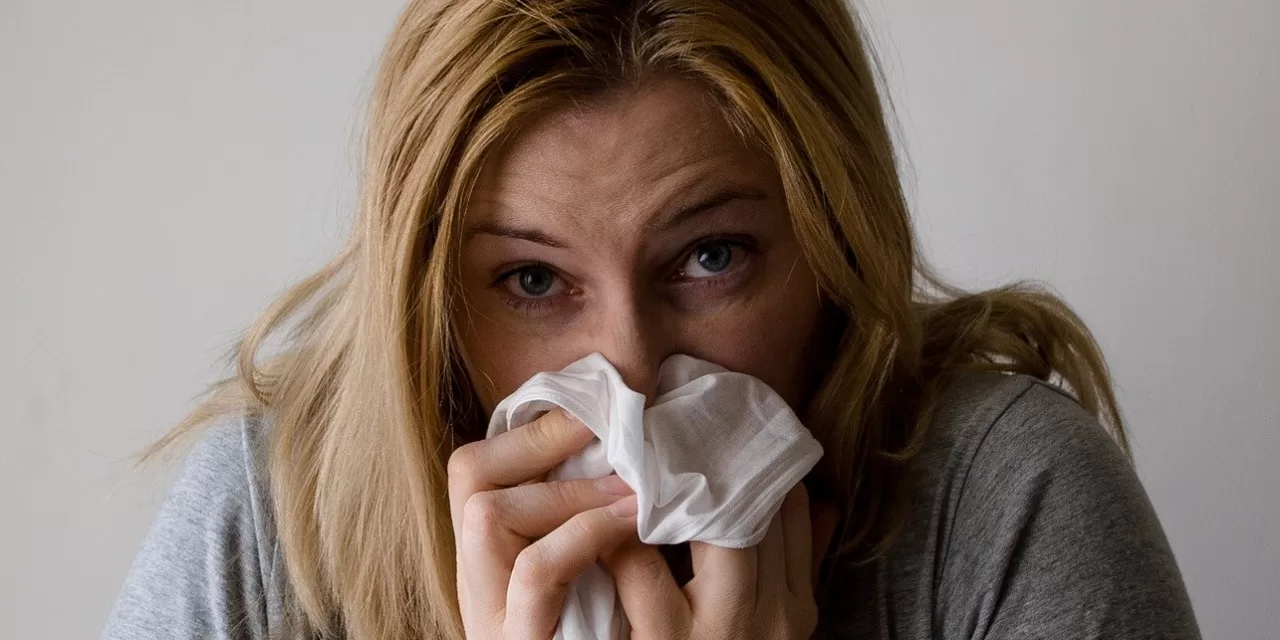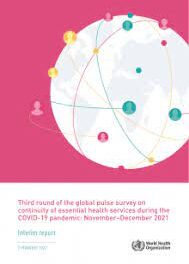As winter settles in, illness seems to be everywhere. From the flu to COVID-19, norovirus, and RSV, the cold weather brings with it a surge in respiratory and stomach viruses. While these germs can circulate throughout the year, the winter months are particularly tough as we spend more time indoors, where these viruses thrive, and the dry, cold air weakens our immune defenses.
Although you may not be able to avoid illness entirely, knowing how these viruses spread and what you can do to protect yourself can make a big difference. Here’s a guide on how to stay safe this sick season.
What Are the Symptoms?
It can be tough to distinguish between the common cold, flu, COVID-19, and other illnesses, but there are some tell-tale signs to look out for:
- Norovirus: This foodborne illness spreads through contaminated water or surfaces and causes symptoms like vomiting, diarrhea, nausea, and stomach pain for 1-3 days.
- Common Cold: Caused by various viruses, colds lead to runny nose, congestion, cough, sore throat, and mild fever that usually lasts under a week.
- Flu: Influenza causes fever, chills, cough, sore throat, and body aches, with symptoms often starting suddenly. Flu symptoms can last from a few days to two weeks.
- COVID-19: Symptoms include fever, chills, cough, shortness of breath, fatigue, and loss of smell or taste, and may last several days.
- RSV: This respiratory virus causes symptoms such as runny nose, congestion, coughing, and wheezing, with a fever and loss of appetite lasting a week or two.
How to Protect Yourself
- Wash Your Hands: Frequent handwashing with soap is one of the most effective ways to prevent the spread of viruses. Be sure to scrub for at least 20 seconds, especially after using the bathroom or preparing food. If soap and water aren’t available, use a hand sanitizer with at least 60% alcohol.
- Disinfect Surfaces: Viruses like norovirus spread easily through contaminated surfaces. Clean frequently-touched surfaces with a bleach solution or disinfectant listed on the EPA’s website. This includes doorknobs, countertops, phones, and toys.
- Avoid Touching Your Face: Viruses can spread through droplets in the air and by touching contaminated surfaces. By avoiding touching your eyes, nose, and mouth with unwashed hands, you reduce your risk.
- Wear Masks in Crowded Spaces: To protect yourself from respiratory viruses, consider wearing an N95 or medical-grade mask in crowded areas, especially if you are vulnerable or feeling sick.
- Vaccination: Vaccines are available to protect against COVID-19 and the flu. For those over 60 or pregnant individuals, an RSV vaccine may be recommended. However, there are no vaccines for the common cold or norovirus.
- Rest and Hydrate: A strong immune system is essential for fighting off illness. Get plenty of rest, stay hydrated, and manage stress to keep your defenses up.
If You Get Sick
Testing for COVID-19 or the flu is important to determine if you need antiviral medications like Paxlovid (for COVID-19) or Tamiflu (for the flu). Most importantly, if you’re feeling unwell, stay home to prevent spreading the illness to others.
For colds, flu, and COVID-19, rest and hydration are key to recovery. Pain relievers can help manage symptoms, while humidifiers can provide relief for congestion. Norovirus, unfortunately, doesn’t have a specific medication, so rehydration is critical. Seek medical help if dehydration becomes severe.
Conclusion
While it’s tough to avoid all illnesses during the winter months, following these preventive measures can reduce your risk of getting sick and help you recover more quickly if you do. Stay healthy, wash your hands, keep your distance from others if you’re sick, and consider getting vaccinated. Your immune system will thank you.












